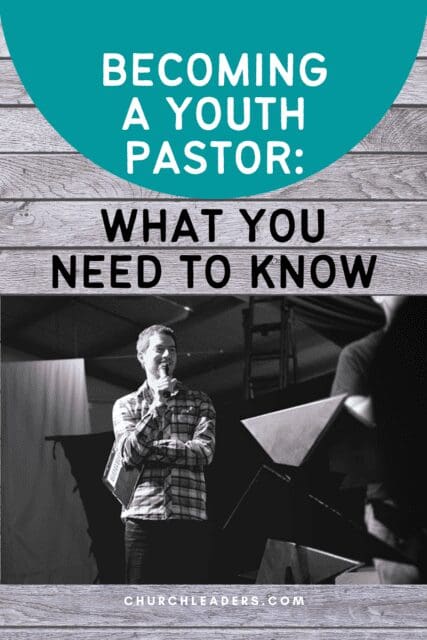What youth pastor qualifications are needed for ministry? If you’re thinking about becoming a youth pastor, you likely have many questions. What does the role involve? How can you thrive in it? Read on for helpful insights about serving teens.
So you want to serve in youth ministry. Among the many things you need to know are youth pastor qualifications. Courage, rigorous discipline, unwavering devotion to Jesus, mental strength, and expertise are key.
Becoming (and remaining) a youth pastor isn’t easy. You get paid peanuts while meeting demands of parents, elders, and students. And contrary to stereotypes, youth pastors aren’t lazy. Youth ministry isn’t only fun and games. It’s not a “cute” job. Youth pastors aren’t only “the Youth Pastor.”
Leaders who can maintain an awesome ministry can achieve anything they set their mind to. Deuteronomy 25:4 says, “Do not muzzle an ox while it is treading out the grain.” A youth pastor needs to be an ox!
Everything hangs on the youth pastor’s leadership. Here are key ox-like youth pastor qualifications:
6 Must-Have Youth Pastor Qualifications
1. Character
First know that character is everything. It includes self-discipline, modesty, teamwork, integrity, purity, virtue. Also work ethic, loyalty, honesty, fearlessness, tenacity, determination.
Youth pastors must be transforming, not conforming. Every ox-leader must grow in Christlike character. (See Matthew 25:14-30; Luke 8:4-15; 2 Corinthians 5:17-21; Ephesians 4:17-25; Genesis 2:7; Isaiah 64:8; and 2 Corinthians 4:7-11.)
2. Teacher
Next up: Youth pastors must teach with authority and excellence. Connect biblical points with clear application steps. Great teaching resources include:
- Unleashing God’s Word in Youth Ministry by Barry Shafer
- Speaking to Teenagers: How to Think About, Create, and Deliver Effective Messages by Doug Fields and Duffy Robbins
- Communicating for a Change: Seven Keys to Irresistible Communication by Andy Stanley and Lane Jones
3. Rebuker
Confronting problems is a huge part of youth ministry. Unless you’re prepared to handle conflict, problems will destroy your program. Youth pastors must know how to discipline too. Otherwise teens will run all over you. I guarantee it!
You must know how to spot and rebuke a wolf. You won’t know if you’re a shepherd until a wolf shows up. Rebuking students is difficult. But they need it…and your ministry needs it. Youth ministry is one big, difficult conversation.


